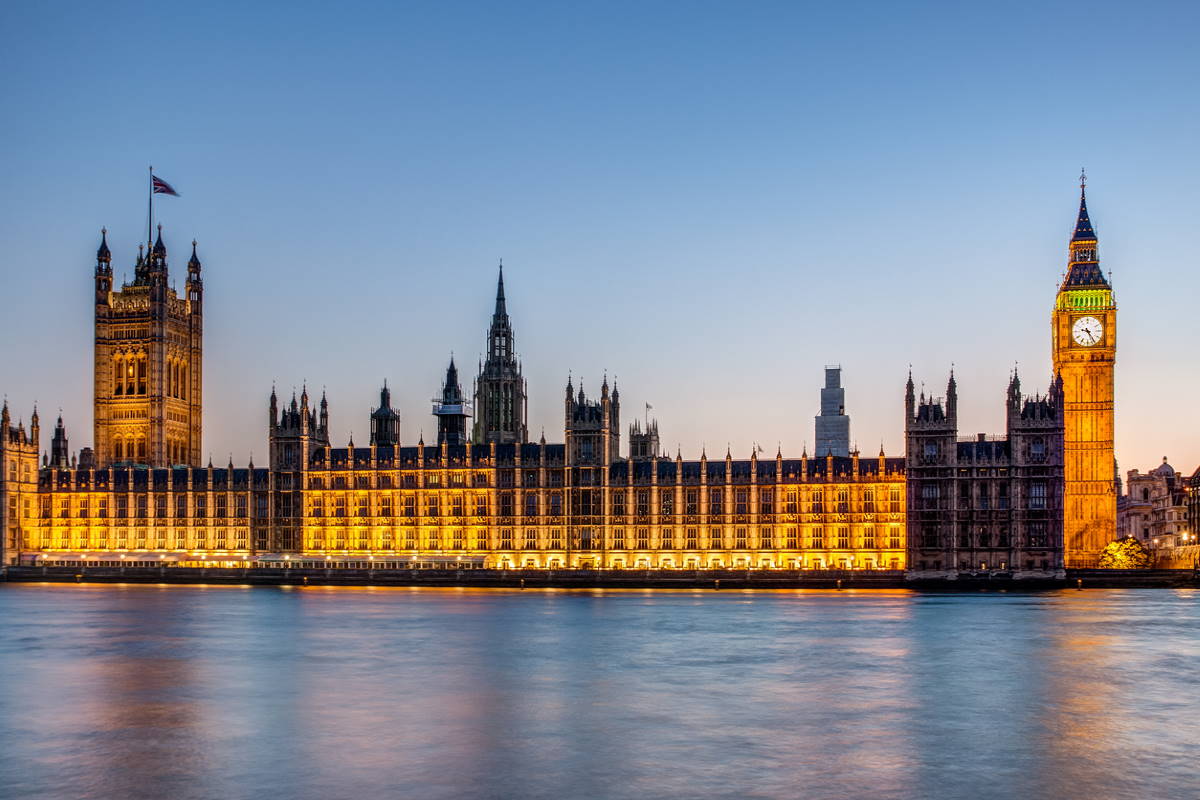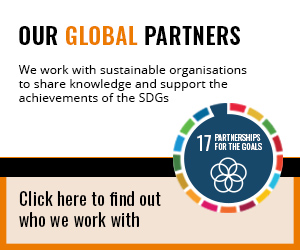As we all know, the news at the moment is dominated by the new normal imposed on us by Covid-19. As this new normal develops and we get further away from our old lives, we are all becoming more adaptable and more accustomed to change. Each person has a unique perspective and there are almost as many different perspectives as people experiencing them. I find other peoples’ perspectives valuable and interesting.
I was reading a newspaper article the other day that compared how different countries were approaching the pandemic. Of course, there is no right or wrong and we are far from the benefit of hindsight at this point, so any discussion is moot. However, the piece I was reading was looking at the different experiences in different countries of dealing with the pandemic.
Countries with high levels of state management in such areas as testing and tracing would seem to have mitigated some of the damage of the virus so far. Countries such as South Korea and New Zealand, and closer to home Germany, had been testing and tracing vigorously and have so far managed to reduce impact. Countries such as UK and USA had taken a more laissez faire attitude to testing and tracing and so far, and had suffered much loss of life.
Of course, these are statistics and it is possible to make statistics say anything. But it struck me that the political trends in my lifetime, in these two countries, had been to reduce the reach of the “State” in favour of free market economics. In both cases the capacity of the state to provide health provision in these very demanding situations was to some or other degree compromised by the free market.
Using this metric to match states against level of coping with this extraordinary situation; it appeared that the stronger the state intervention and healthcare provision it provided, the more able it would appear to gain some control.
So what has this to do with the Global Goals? Well, maybe something. I remember a few years ago being invited to one of the many talking shops that are regularly held in developing countries to help inform policy. The particular discussion I was involved in was being steered all over the place by different NGOs representing their fields. Interestingly though, I felt that on occasion in our zeal to make the world a better place, as NGOs we were prone to overstepping our role and straying into political business.
Back to our discussions. All were making very good cases for their fields: “Healthcare of course is paramount; we can’t do anything to develop the country if we are not healthy.” And “No, education is the most important, we must educate the population to provide educated healthcare workers”. And so on, you get the idea.
At the time, my role was to advocate for civic governance and I was arguing that a strong state with robust governance was essential as a foundation for everything else to develop. Needless to say, we ran out of time and we all agreed to disagree, which is often the case when you fill a room with “experts”.
I still think though that this idea has some worth. Having witnessed weak states and tales of corruption in my career, I believe that it is not possible to develop a country with weak policy, weak compliance and weak civil society governance.
For instance, in my previous example I mentioned education. Education consists of many more things than simply attendance at school. It needs robust training of teachers, a curriculum that is fit for purpose for the country involved (one that supports its economic development plan). It needs well thought out legislation and compliance. And a system of assessment that is not corrupt. It needs an inspectorate staffed by leading experts…I could go on. Without a solid, integrated, competent and incorruptible state mechanism, it will fail in its objectives.
Weak states are often not the fault of politicians or governments either. They can be hampered by a weak economy, people not paying taxes, simply not enough in the exchequer to afford a decent fit-for-purpose civil service etc. They can also be damaged by aid that has too many strings attached, causing high levels of long-term debt. It is complicated. No-one wants to live in a failing state. Most people are doing their best.
I made the case during that debate that there could be priority in development goals. I made a case that civil society and governance are the foundation on which all else is built, whether it be economic goals, goals for education, for healthcare, justice, or environmental sustainability. Without solid governance and coordination, there is little chance of the sort of measurable progress we aspire to in the timescales we are hoping for.
Competent civil servants and governance are the common aspect needed by all of the other areas of development. When it is time for the repositioning of the Global Goals (which will surely happen at some point), is there a discussion to be had about serious investment in civil society so that we can build a foundation for development areas?
Direct State-to-state aid has been a very touchy issue in recent times, but is it a discussion worth having in light of recent events? Is it best policy to retain distance from the mechanisms of state as a principle, but ignore investment wasted as instability undoes precious work?
Of course, we must guard against adversely or inappropriately influencing sovereignty of countries. They must be completely free to govern and set policy as they wish. I would not be advocating conditional aid at all.
I think though that it is possible to advise and support without being clumsy or intrusive. What I was advocating in that debate is close relationships between civil service agencies and agencies such as police, health or prison services, delivering training, equipment and mechanisms of governance but not influencing policy. These sort of investments, though considerable and costly, can be really effective in bringing agencies up to date with latest developments. Lack of infrastructure can easily undo great work in civil society very quickly.
I have always been a great advocate of research. It is easy to confuse cause and correlation when trying to effect change. Maybe we could take the often very unpopular decision to fund solid research to inform the formulation of policy and to set realistic development goals. I could talk more about that but will leave that for another day.
Can we take lessons already from stronger state mechanisms being better equipped to cope with challenges? My own opinion, for what it’s worth, would be that stronger states make for a stronger foundation for societies to develop. Investment in civic governance would pay dividends in the long run, but charities and NGOs are not the people to do it. They may help to provide good research, but governance is an area of expertise all of its own.
Until next time. Andy
Image courtesy of iStockPhoto.com






